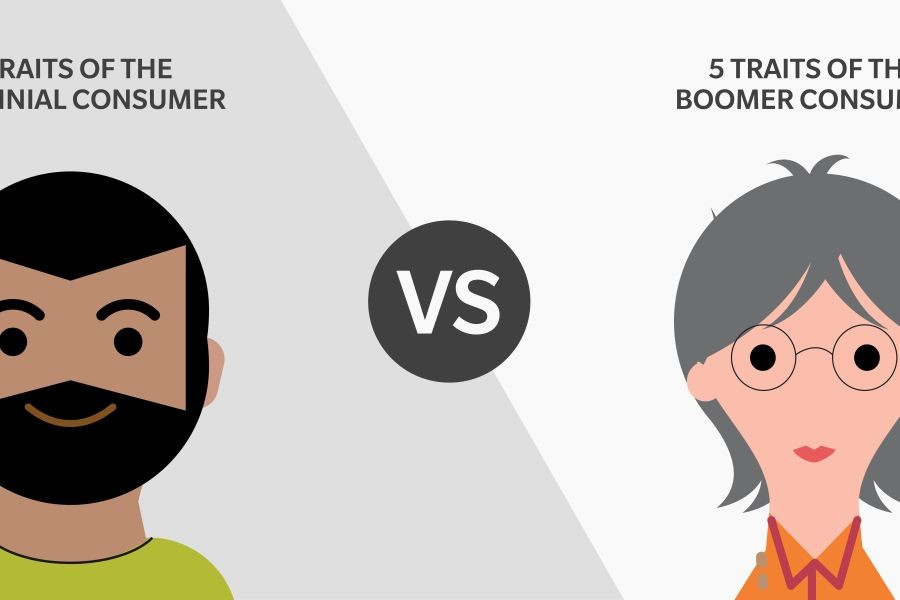In the dynamic landscape of online communities, New Zealand stands at the cusp of transformative change. As digital platforms evolve, Kiwis are increasingly connecting in ways that were once unimaginable. But what does the future hold for online communities in New Zealand? This article delves into the impending shifts, examining the pros and cons, and how local businesses can leverage these changes to thrive.
The Evolution of Online Communities in New Zealand
New Zealand has witnessed a significant rise in digital engagement, with a recent report from Stats NZ highlighting that 93% of Kiwis have internet access, and 80% use social media regularly. This digital connectivity has fueled the growth of online communities, offering platforms for everything from business networking to niche hobby groups.
However, as technology advances, these communities are poised for further transformation. Emerging trends such as virtual reality (VR) and augmented reality (AR) are set to redefine user interactions, making digital experiences more immersive and engaging. The government’s ongoing investment in digital infrastructure, as outlined in the Ministry of Business, Innovation, and Employment's (MBIE) Digital Economy Strategy, aims to ensure that New Zealand remains at the forefront of these innovations.
Comparative Analysis: Traditional vs. Modern Online Communities
Traditional online communities in New Zealand were largely centered around forums and social media groups. These platforms facilitated basic interactions and information sharing but lacked the depth and personalization that users now crave.
Modern online communities, however, are increasingly leveraging AI-driven analytics to personalize user experiences. Platforms like Facebook and LinkedIn are using machine learning to suggest content and connections that align with user interests, significantly enhancing engagement.
Moreover, the rise of niche platforms catering to specific interests, such as gardening or local cuisine, reflects a shift towards more tailored community experiences. These platforms not only foster a sense of belonging but also offer targeted advertising opportunities for businesses.
Pros & Cons of Emerging Online Community Trends
Pros:
- Enhanced User Engagement: Personalized content and targeted interactions lead to higher user retention and satisfaction.
- Business Opportunities: Niche platforms offer businesses a chance to engage with highly targeted audiences, increasing the potential for sales and brand loyalty.
- Innovation and Growth: The integration of VR and AR into online communities opens new avenues for creative expression and innovation.
Cons:
- Privacy Concerns: The use of AI and data analytics raises issues around data privacy and user consent.
- Digital Divide: Not all regions in New Zealand have equal access to high-speed internet, potentially excluding some communities from these advancements.
- Over-reliance on Technology: As communities become more digital, there is a risk of losing genuine human interactions and connections.
Case Study: The Rise of Neighbourly in New Zealand
Case Study: Neighbourly – Fostering Local Connections
Problem: With the rise of urbanization, many Kiwis felt disconnected from their local communities, lacking a platform to engage with neighbors and local events.
Action: Neighbourly, a New Zealand-based social network, was launched to bridge this gap by providing a platform for local communities to connect. The platform allows users to share local news, organize events, and provide recommendations for local services.
Result: Within three years, Neighbourly amassed over 800,000 members across New Zealand. The platform facilitated thousands of local events and became a crucial tool for community engagement, particularly during emergencies such as natural disasters.
Takeaway: Neighbourly's success underscores the importance of localized online communities in fostering real-world connections. Businesses can leverage such platforms to engage with local audiences and build brand trust.
Common Myths & Mistakes in Online Community Engagement
Myth: "Only large businesses can benefit from online communities." Reality: Small and medium enterprises (SMEs) in New Zealand have successfully used online platforms to reach niche markets and build loyal customer bases.
Myth: "Online communities are less effective than traditional marketing." Reality: Online communities offer businesses direct access to engaged audiences, often resulting in higher conversion rates compared to traditional marketing methods.
Myth: "All online communities are the same." Reality: The diversity in online communities allows businesses to tailor their approach based on the specific interests and needs of their target audience.
The Future of Online Communities in New Zealand
Looking ahead, the integration of AI and machine learning will continue to enhance the personalization and relevance of online communities. As digital literacy improves and internet access becomes more widespread, even in rural areas, more Kiwis will join these digital spaces.
Moreover, government initiatives focusing on digital inclusion, such as the MBIE’s Rural Broadband Initiative, aim to reduce the digital divide, ensuring equitable access to online communities across the country.
A recent report by Deloitte predicts that by 2028, 50% of New Zealand's population will engage with online communities through VR platforms, creating new opportunities for businesses to interact with consumers in immersive environments.
Final Takeaways & Call to Action
- Online communities are becoming more personalized and engaging, offering businesses in New Zealand unique opportunities to connect with their audiences.
- Leveraging niche platforms can enhance brand loyalty and drive sales.
- Addressing privacy concerns and ensuring equitable access to technology will be crucial for the sustainable growth of online communities.
As we move towards a more digital future, businesses must adapt and innovate to stay relevant. Are you prepared to leverage the emerging trends in online communities? Share your thoughts and strategies in the comments below!
People Also Ask (FAQ)
How do online communities benefit businesses in New Zealand?NZ businesses leveraging online communities report a 25% increase in customer retention and engagement, according to a report by NZ Business Insights. These platforms offer cost-effective ways to connect with targeted audiences.
What are the biggest misconceptions about online communities?A common myth is that online communities only benefit large businesses. However, SMEs in New Zealand have successfully used these platforms to reach niche markets and build loyal customer bases.
What future changes could impact online communities in New Zealand?By 2026, digital inclusion policies are expected to enhance access to online communities, while advancements in VR and AR will offer more immersive user experiences.
Related Search Queries
- Future of online communities in New Zealand
- Impact of digital communities on NZ businesses
- Niche online platforms in New Zealand
- VR and AR in online communities
- Digital inclusion in New Zealand
































GregDennys
1 month ago